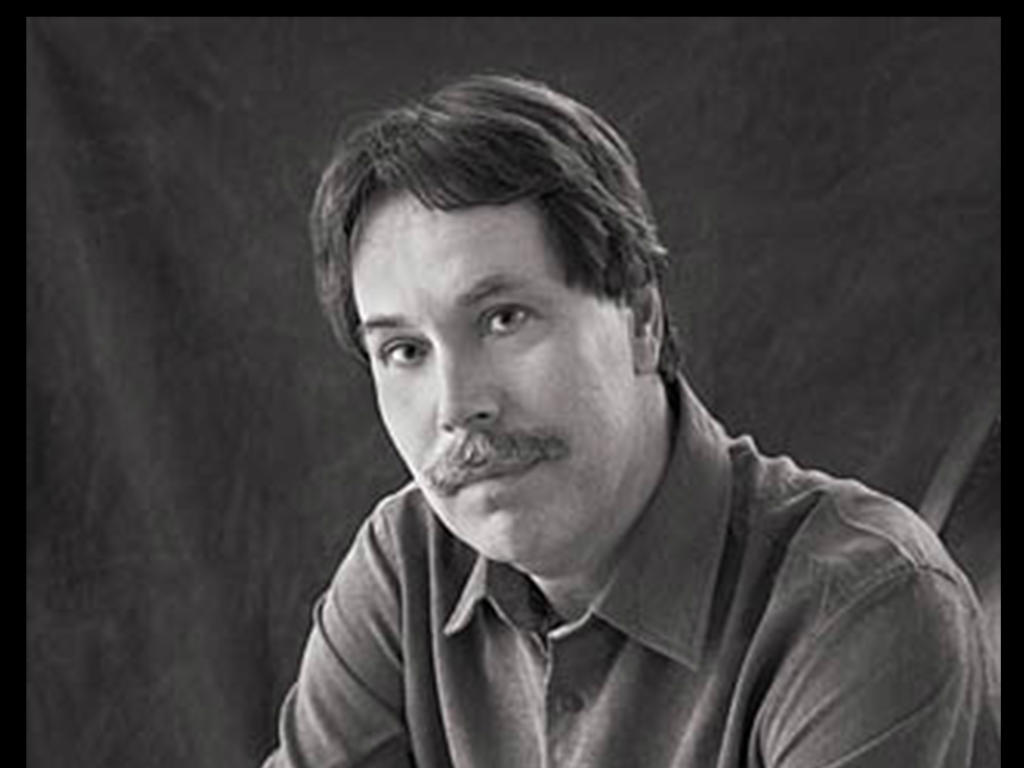Since 1991, the Springfield Music Lecture series has been bringing respected and acclaimed members of the music community to Rhodes for a formal lecture followed by an informal conversation. This year’s guest was composer and music historian Ted Gioia.
Gioia received his undergraduate degree in English from Stanford University, after which he studied economics, philosophy, and political science at Oxford University. He has published nine non-fiction books throughout his career, his most recent being Love Songs: The Hidden History.
Love Songs is Gioia’s third survey of topical music, and its focus spans over 5,000 years of history. Previous installments include Work Songs and Healing Songs; both of which have been used in classes taught by the Rhodes music department. His other works focus mainly on jazz music, and his most acclaimed book, The History of Jazz, has sold more than 100,000 copies.
Dr. Charles Hughes, director of Rhodes’ Memphis Center, says of Gioia, “He’s really good at mixing a critical voice with a journalistic voice. You can tell he listens a lot, and he’s not afraid to include others’ opinions in his writing. His passion and rigor are really evident.”
Gioia’s lecture, entitled “The Hidden History of the Love Song,” gave students insight to some of the more universal qualities of music, focusing on the inspiration and contention of love songs throughout history. Unlike other music historians whose focus is often restricted to geographical or ideological studies of music, Gioia’s survey approach to the love song emphasizes a universal and lingual power of music that has repeatedly been made evident throughout history.
In the end, Gioia’s listeners understood that the love song represents a recurring power struggle, one between the voiced and the voiceless, and one that has been paid in blood. Starting as early as the Roman Empire and continuing through the first 1000 years of Christianity, the love song was seen as a weak or vile art. Since that time, it has been a form of creative expression circulated amongst the margins of society, be they Roman or African-American slaves, or poor women in the slums of Europe.
The concise and informative lecture appealed to philosophy, music, and science majors alike. The following question-and-answer period allowed students to speak one on one with Gioia, who answered questions ranging from his personal tastes in music to his views on music and neuroscience.
Gioia related that it was a love of jazz that inspired him to pursue a career in musicology. “I was learning classical music and I thought it was very intelligent music, but it didn’t have much emotional intensity. I was also playing with rock musicians, and that music had plenty of emotional intensity but wasn’t very intelligent. And then I found jazz, and that had the right balance. It had the emotional power I wanted, but could be played in very sophisticated ways. There were about 15 years I immersed myself in jazz, and that was my musical education.”
Since working as a jazz musician in the 1980s and early 1990s, Gioia has researched a broad spectrum of fields including jazz theory and performance, popular music, and the overarching roles that music has played in human history. It is his diversity in tastes and subjects and his passion for research that have defined his career.
Dr. Hughes aptly describes the advantages of having a figure like Gioia visit Rhodes: “It’s a wonderful opportunity to hear from one of the most prominent voices in music scholarship. He pays very serious attention to all kinds of music. It’s always wonderful to have people on campus who can speak to a variety of musical traditions and put them in dialogue.”
By Kenneth Piper ’17
